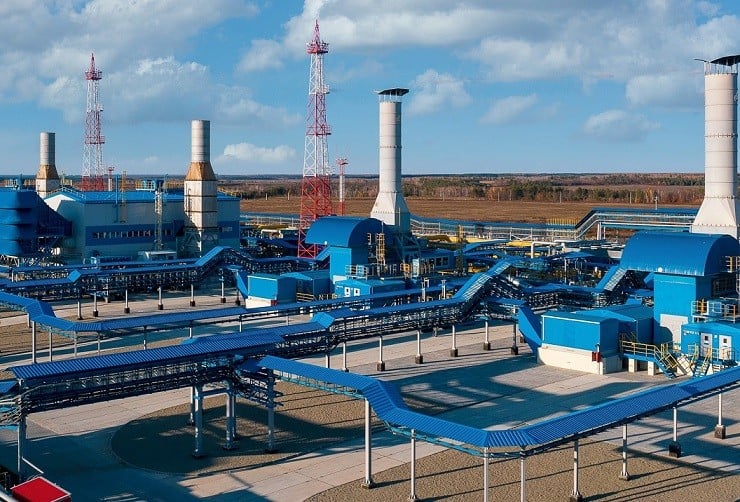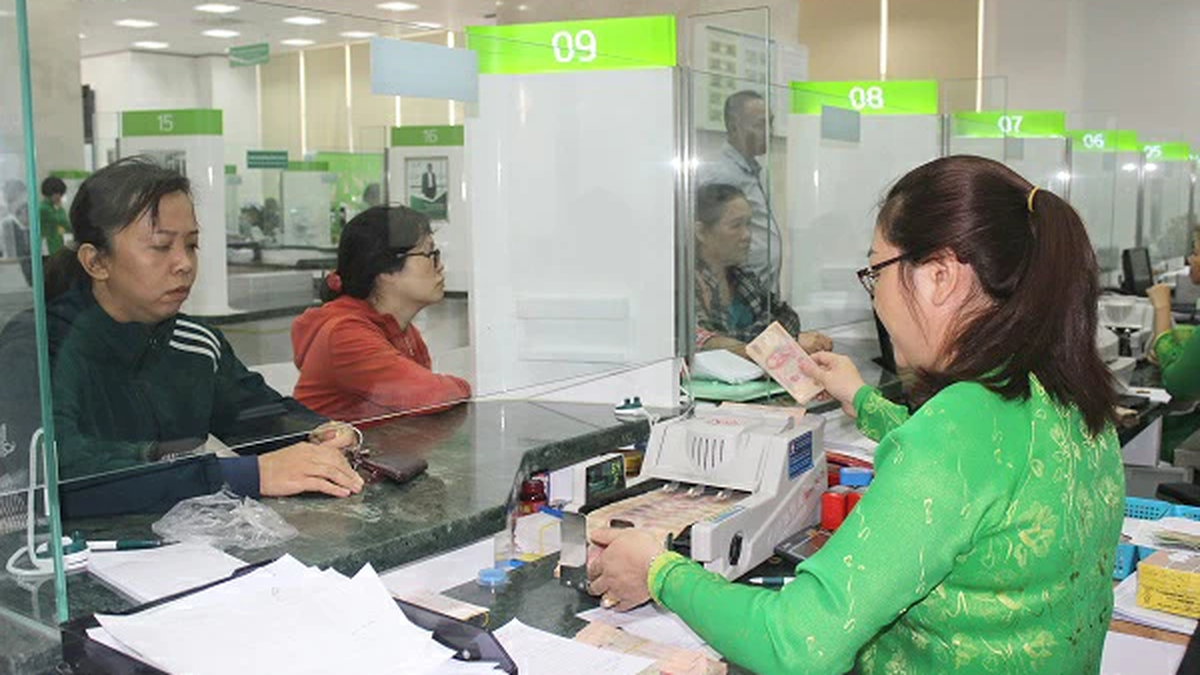 |
| Gazprom has significantly reduced exports to the EU. (Source: Gazprom). |
“The systematic gas shortage has not disappeared,” senior Gazprom executives forecast. This is reflected not only in higher prices in 2023 compared to pre-Covid-19 years, but also in the persistence of contango in the natural gas market. Contango is a situation in which the future price of a commodity is higher than the spot price.
This price behaviour means that the energy security system in Europe, built for emergencies, is unstable and faces new challenges”.
Last year, the EU reduced its energy dependence on Moscow by importing liquefied natural gas (LNG) from other countries including the United States, which became the bloc's main gas source, accounting for 35% of total imports.
Russian energy giant Gazprom significantly reduced exports to the 27-member bloc last year, following Western sanctions and sabotage of the Nord Stream pipeline.
The Nord Stream 1 pipeline, which runs under the Baltic Sea and transports gas from Russia to the EU, along with the newly built Nord Stream 2, were ruptured by an underwater explosion in September last year.
* In an announcement on October 5 (local time), the German Ministry of Economy and Climate Protection said that the government allowed the country's largest power producer - RWE - to restart two coal batches at the Niederaussem plant and another batch at the Neurath plant to add more electricity to the grid.
A similar order allows the country's second-largest coal power plant - LEAG - to restart two blocks of its Jaenschwalde coal plant.
The order comes into effect on October 5, with coal plants expected to be fully operational until March 2024. Berlin is also considering extending the operation of two coal units at RWE's Neurath plant until spring 2025.
The German Ministry for Economic Affairs and Climate Protection said the move was a “precautionary measure for the upcoming winter”.
“The supply reserve will be reactivated to save gas for electricity generation and thus prevent a shortage of heating gas supplies in the winter of 2023-2024. This measure will not affect Berlin’s goal of completing the coal phase-out by 2030, nor other climate goals,” the ministry said in a statement.
Germany's Ministry for Economic Affairs and Climate Protection has also pledged to assess the additional carbon emissions caused by the reactivation of coal plants and plans to introduce corrective measures by next summer.
Source


































































































Comment (0)